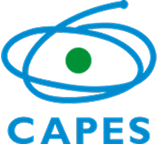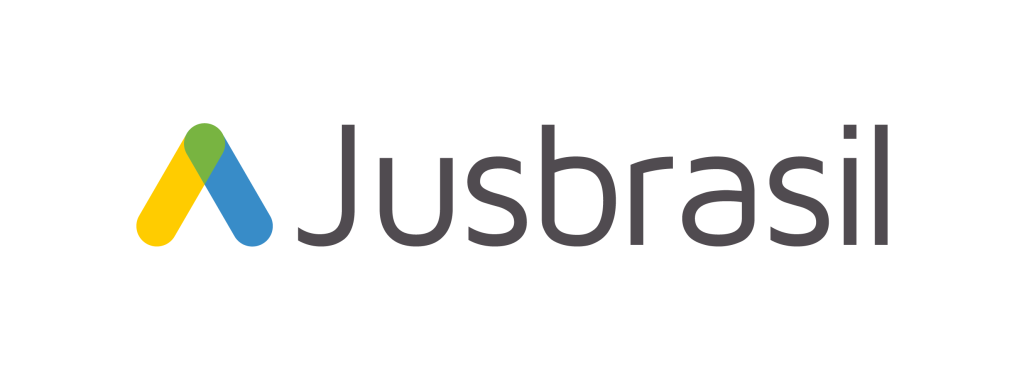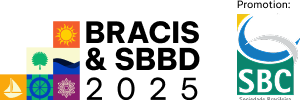Speakers

Sandra Avila, University of Campinas, Brazil.
The Day I Discovered I Was Collaborating on a Eugenics Skin Cancer Project
- Abstract
Skin cancer is a major public health problem that could benefit from computer-aided diagnosis to reduce the burden of this common disease. While deep learning algorithms achieve “superhuman” performances in different contexts, models struggle to generalize, stalling deep learning adoption in critical tasks like skin cancer analysis. Our research group has been working on skin image analysis (classification, synthesis, and debiasing) for over a decade. In this talk, I will delve into our approaches and achievements — until I discovered I was collaborating on a Eugenics skin cancer project and immediately redirected our focus. I will discuss our ongoing efforts at developing a solution capable of effectively generalizing across a diverse population with darker skin tones.
- Short Bio
Sandra Avila is an Associate Professor at the Institute of Computing, University of Campinas (UNICAMP), and Livre-Docente in Machine Learning (2025). She holds a Ph.D. in Computer Science with a double degree from the Federal University of Minas Gerais (UFMG) and Sorbonne Université, Paris (2013), an M.Sc. from UFMG (2008), and a B.Sc. from the Federal University of Sergipe (2006). Her research focuses on Artificial Intelligence and Social Good, specializing in Machine Learning, Computer Vision, and Natural Language Processing for health and sensitive media analysis. She is a CNPq Research Productivity Fellow Level 2 (since 2021) and has received multiple awards, including Google Latin America Research Awards (2018, 2019, 2020, 2021), Google Award for Inclusion Research (2022), UNICAMP-Vladimir Herzog Institute Academic Recognition Award in Human Rights (2023, 2024), and More Inclusive Dermatology award from L’Óreal Brazil Group (2025). Passionate about encouraging women in STEM, she co-organizes the Meninas Super Cientistas project (since 2020) and served as chair/vice-chair of IEEE Women in Engineering South Brazil Section. She represented Brazil at the BRICS Young Scientists Forum (2020) and ranks among the world’s top 2% most influential scientists (Stanford/PlosOne/Elsevier, 2022-2023). In 2024, she participated in reviewing Brazilian Artificial Intelligence Strategy (EBIA).

Thiago Serra, University of Iowa, USA.
Optimization Over Trained Neural Networks: What, Why, and How?
- Abstract
Constraint learning is a new paradigm of modeling optimization problems with the help of machine learning. For example, we can learn constraints empirically from available data, or we can avoid writing a nonlinear objective function by learning a simpler approximation for it. We usually achieve that by using a neural network as part of the optimization model. As a consequence, we need to design optimization algorithms that take into account the structure of neural networks. We show how polyhedral theory and network pruning can help us solve those problems more efficiently, but that’s just the beginning!
- Short Bio
Thiago Serra is an assistant professor of business analytics at the University of Iowa. His scholarship is focused on the theory, practice, and integration of machine learning and mathematical optimization. Previously, he was an assistant professor at Bucknell University, a visiting research scientist at Mitsubishi Electric Research Labs, and an operations research analyst at Petrobras. He has a Ph.D. in operations research from Carnegie Mellon Univediegorsity, from which he received the Gerald L. Thompson Doctoral Dissertation Award in Management Science. He also has a master’s degree in computer science from the University of Sao Paulo (USP) and a computer engineering degree from the University of Campinas (Unicamp). He is the chair of the INFORMS Computing Society and serves as an associate editor for the journals International Transactions in Operational Research and INFORMS Journal on Data Science.

Evangelos Papalexakis, University of California
It’s all about the latent structure: Tensor and graph methods for actionable insights
- Abstract
Tensors and graphs have been essential tools in expressing complex relations in data. Of particular interest are tensor and graph mining methods that allow us to uncover the latent structure of the data, and as a result produce interpretable representations of the data that can be used for a number of downstream tasks and for generating actionable insights.
In this talk, we will first explore how tensor methods can supercharge graph and data mining, by showing exciting examples including community detection and other high-impact real-world applications with emphasis on scientific discovery. Subsequently, we are going to present novel self-supervised graph representation learning methods which rely on uncovering the latent structure of the data in achieving high performance and speedup over existing state of the art. Finally, if time allows, we are going to briefly discuss fascinating connections between latent structure recovery, robustness of deep learning models, and modern large language models.
- Short Bio
Evangelos Papalexakis is an Associate Professor and Ross Family Chair in the Department of Computer Science and Engineering at the University of California, Riverside, USA. His work focuses on data science, machine learning and artificial intelligence, with emphasis on tensor methods and graph mining for discovering latent structures and interpretable representations in complex data. He holds a Ph.D. in Computer Science from Carnegie Mellon University (USA) and a degree from the Technical University of Crete in Greece.
Papalexakis was a runner-up for the SIGKDD Doctoral Dissertation Award in 2017. He also received the Best Student Paper Award at SIAM SDM 2016 for the paper “Automatic Unsupervised Tensor Mining with Quality Assessment.” In addition, his papers were recognized among the best of the SDM 2014, PAKDD 2014, and ASONAM 2013 conferences.
Promotion

Organized by

Supporting Agency



Academic Support


Sponsorship






